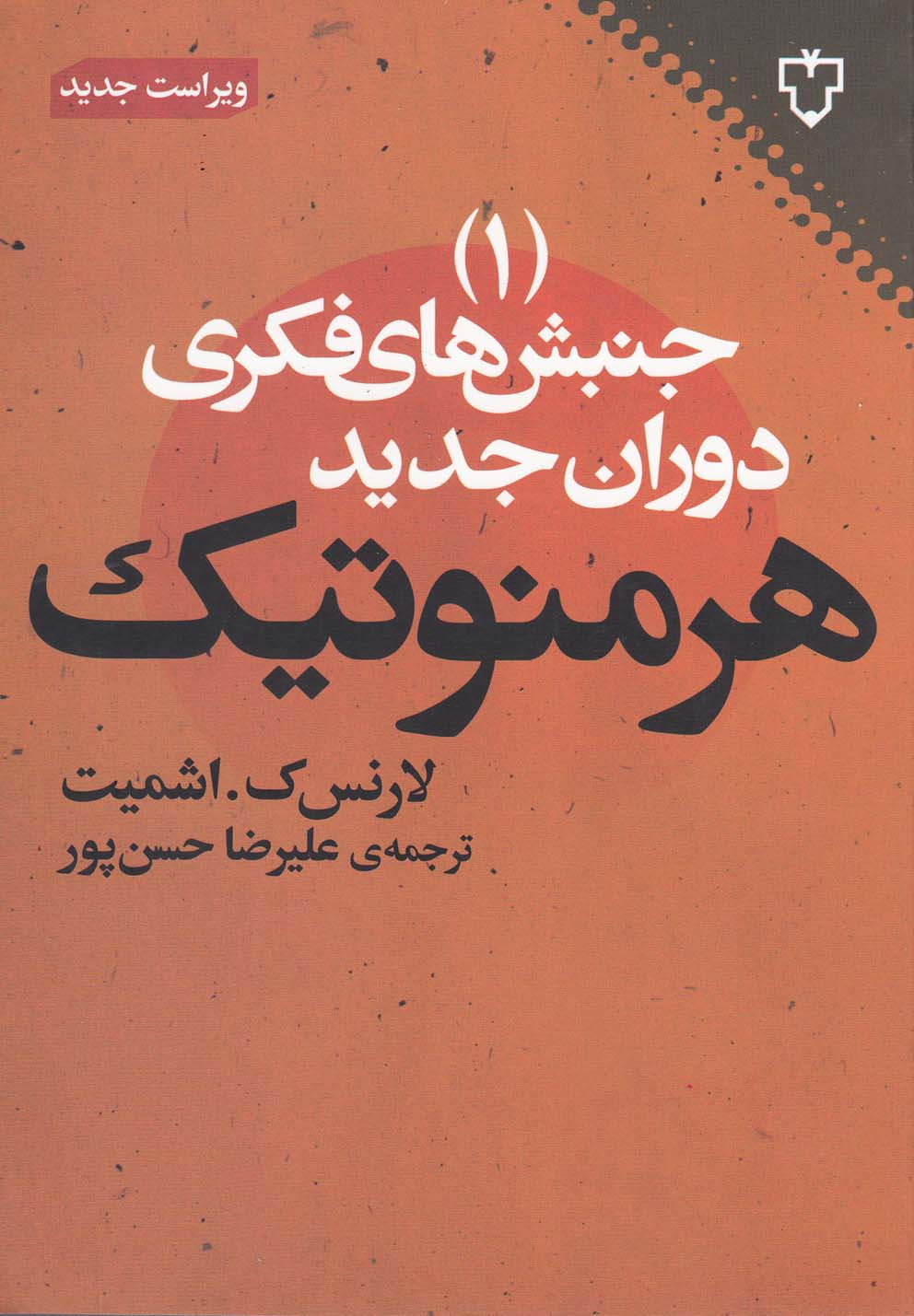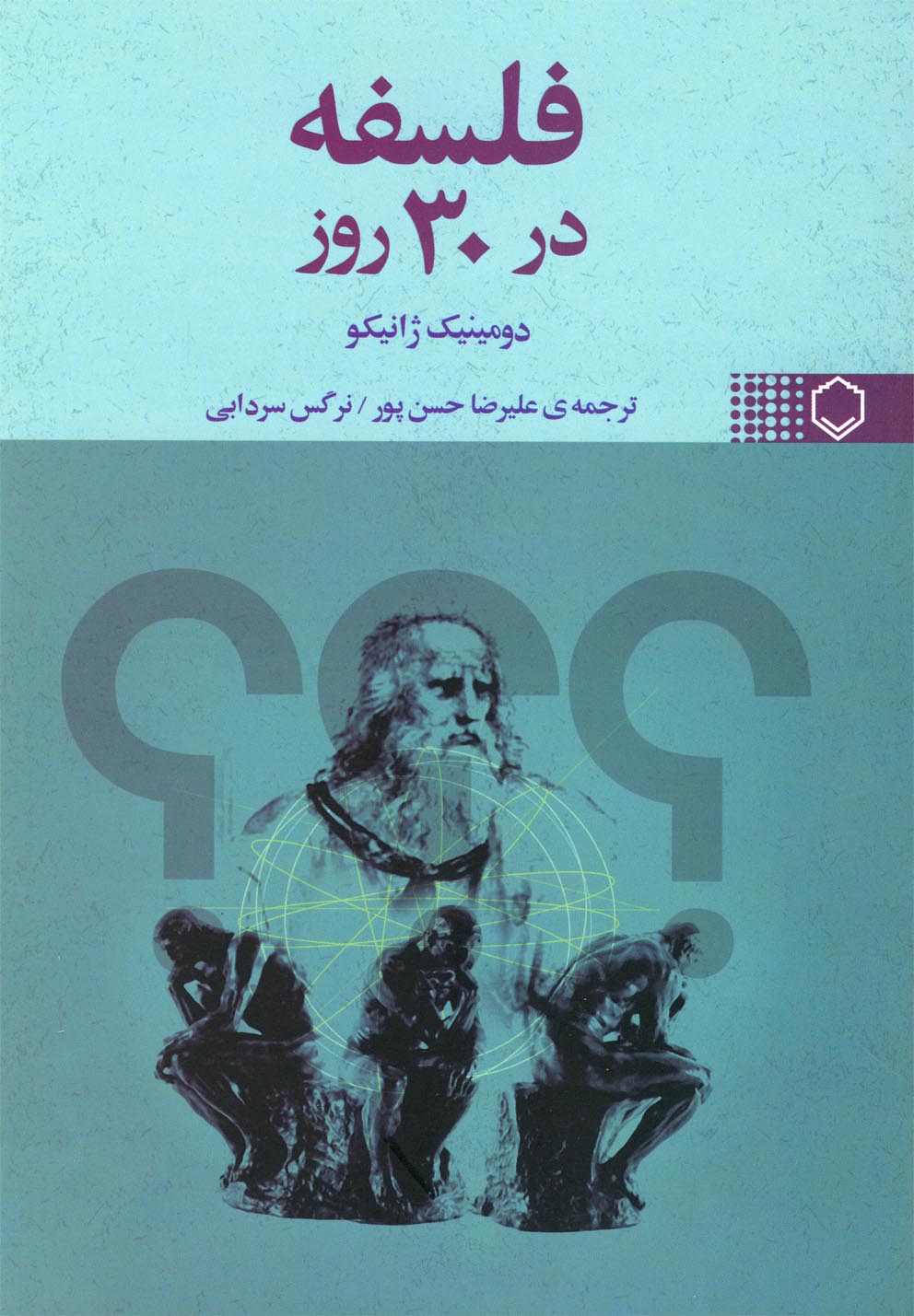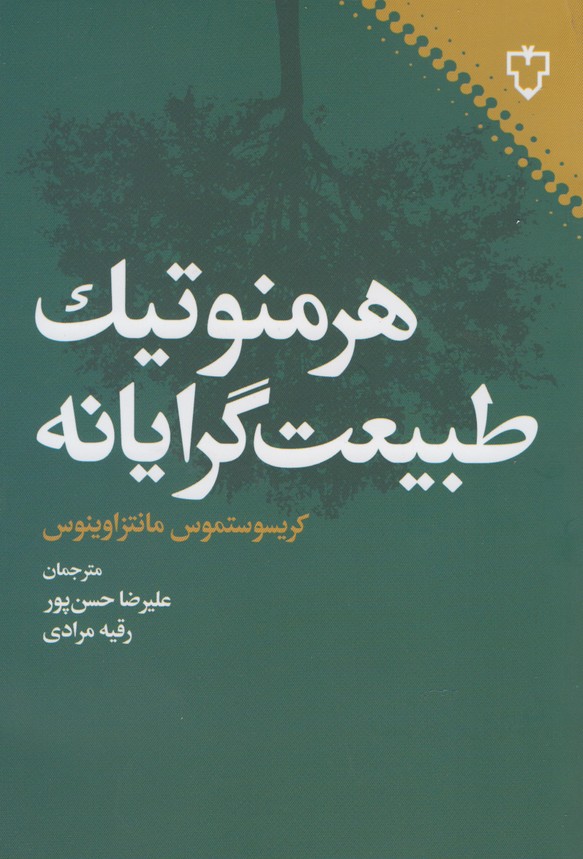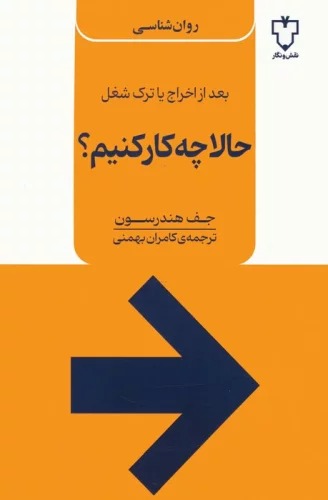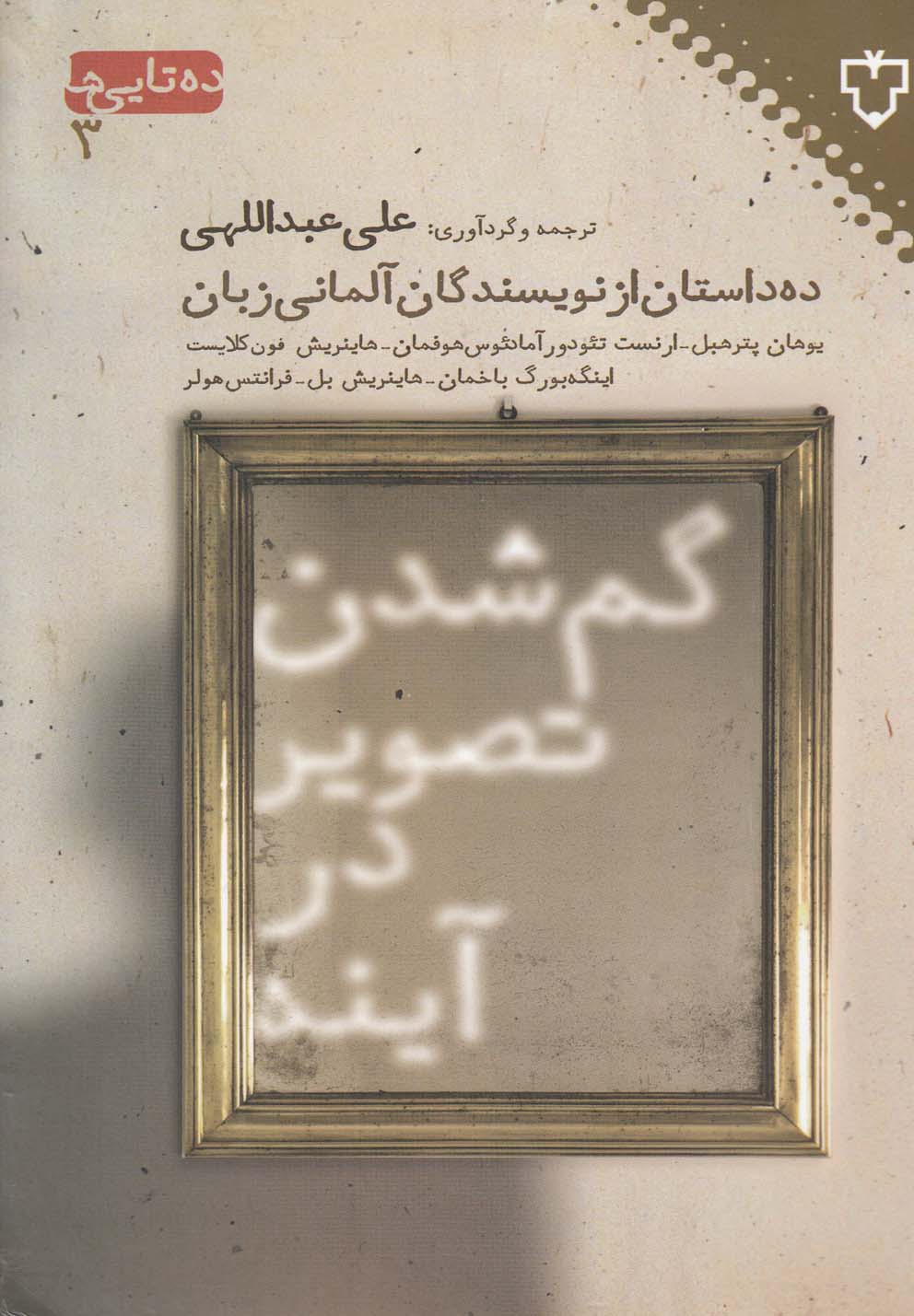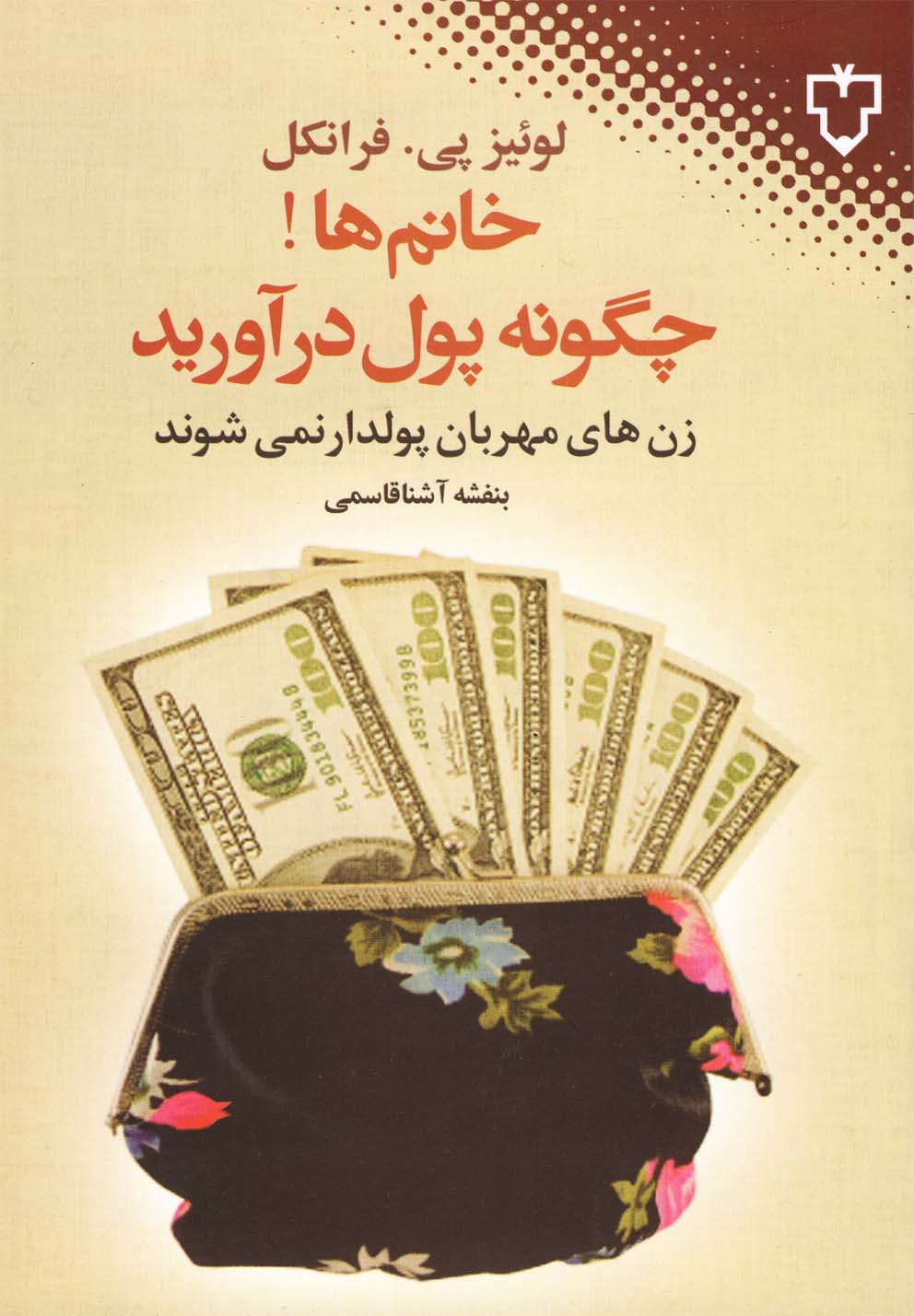Hirminutīk (Junbish'hā-yi Fikrī-yi Dawrān-i Jadīd 1): Persiska (Farsi) 1402
هرمنوتیک (جنبش های فکری دوران جدید 1)
12,15 £
Dela
Wishlist
Originaltitel:
Understanding Hermeneutics
ISBN:
9789647002806
Översättare:
'Alīriz̤ā Ḥasan'pūr
Förlag:
Naqsh va Nigar
Åldersgrupp:
Vuxen
Sidor:
304
Vikt:
342 g
Produktmått:
14 x 21 x 2
,
8 cm
Bokomslag:
Pocketbok
This series provides short, accessible and lively introduction to the major schools, movements and traditions in philosophy and the history of ideas since the beginning of the Enlightenment. All books in the series are written for undergraduates meeting the subject for the first time. Hermeneutics concerns itself with the theory of understanding and the interpretation of language. The question of how to correctly interpret and understand others remains one of the most contested branches of philosophy. In Understanding Hermeneutics Lawrence Schmidt provides an introduction to modern hermeneutics through a systematic examination of the ideas of its key philosophical proponents. Chapter 1 examines the ideas, of the Protestant theologian, Friedrich Schleiermacher, who argues that misunderstanding is always possible so we must always employ interpretation if we are to understnad correctly. Chapter 2 discusses the ideas of Dilthey, who maintains that understanding in the humanities is fundamentally different from explanation in the natural sciences, and who presents a methodology to judge what another person means or feels by means of their language and also their gestures, facial expressions, and manners of acting. Chapter 3 explores the ideas of Heidegger who radicalizes the concept by shifting its focus from interpreting texts to an existential interpretation of human being. In Chapter 4 the recent ideas of Gadamer are examined, which extend to examining the structures of hermeneutic experience and to question the supremacy of the natural sciences as models for truth. The final chapters consider some of the criticisms and controversies surrounding hermeneutics, including the work of Habermas, Hirsch, Ricoeur and Derrida, and the prospects for the future of hermeneutics.
more
در درآمدی بر فهم هرمنوتیک، لارنس اشمیت از طریق بررسی نظام مند افکار حامیان هرمنوتیک فلسفی درآمدی بر هرمنوتیک مدرن به دست می دهد. فصل یکم به بررسی افکار عالم الهیات پروتستان، فریدریش شلایرماخر، می پردازد که بنا بر استدلال او سوءفهم اجتناب ناپذیر است و اگر قرار است به درستی بفهمیم، همواره باید تفسیر را به کار بندیم. فصل دوم به بحث درباره افکار دیلتای می پردازد که مدعی است فهم در علوم انسانی اصولا متفاوت از تبیین در علوم طبیعی است و برای قضاوت بر سر این که دیگران به وسیله زبان، ژست ها، حالت های چهره و عمل چه منظور و احساساتی را می رسانند، روش شناسی خود را ارائه می کند. فصل سوم به ارائه افکار هایدگر می پردازد که با تغییر کانون توجه از تفسیر متون به تفسیری وجودی از انسان این مفهوم را به شکلی کاملا متفاوت به کار می برد. در فصل چهارم اندیشه های اخیر گادامر بررسی می شود که ساختارهای تجربه هرمنوتیکی را بررسی می کند و برتری علوم طبیعی را به عنوان مدل هایی برای حقیقت به پرسش می گیرد. فصل های پایانی نیز به برخی از نقدهای واردشده به هرمنوتیک، از جمله آثار هابرماس، هرش، ریکور و دریدا و توجه به چشم اندازهای آینده هرمنوتیک اشاره می کند.
more

